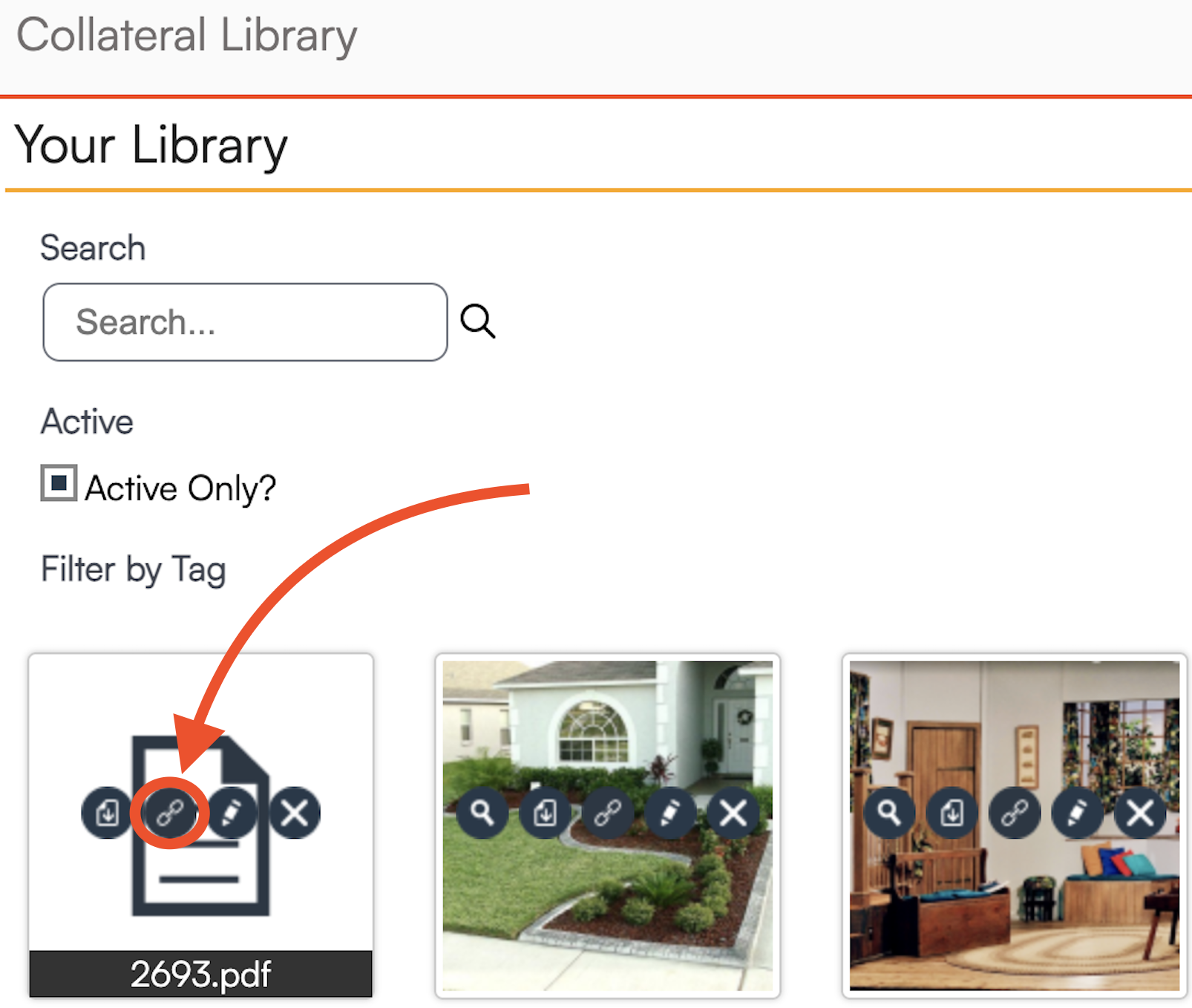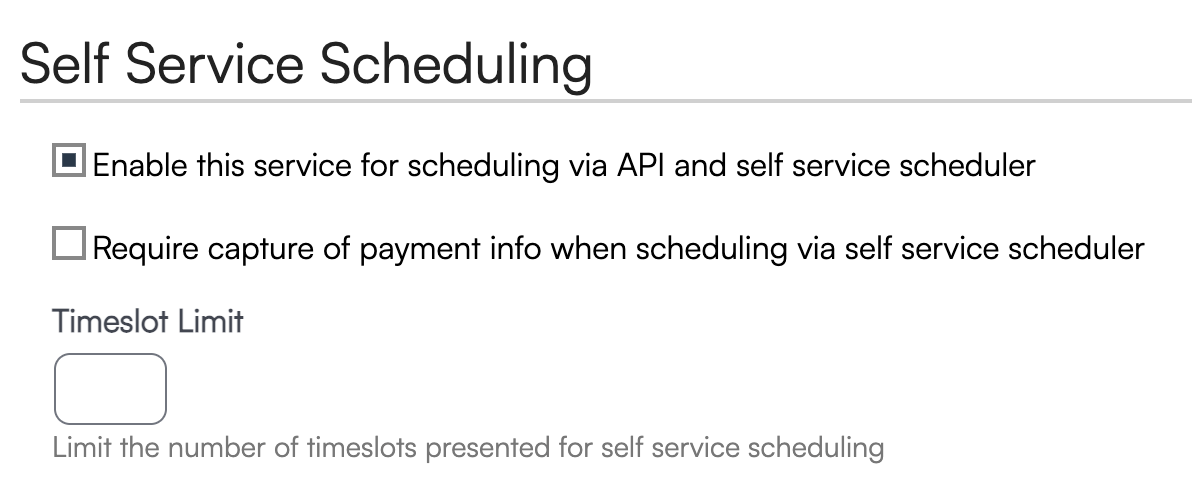Overview
Print templates in ServiceMinder allow you to control the layout, structure, and content of the PDF documents generated throughout the platform. These templates determine what customers see when you print or share proposals, invoices, appointment reports, statements, and other service documents.
Both automated and ad hoc print templates can be customized to match your branding and operational needs. While basic XML and CSS knowledge is helpful, most users can modify existing templates by adjusting tags, formatting, and shortcode-driven content.
Whether you need a polished proposal PDF or a custom report for completed appointments, print templates give you flexible control over how your documents appear.
Settings and Navigation

ServiceMinder allows you to modify the way print templates appear, as well as what information they contain. Some basic XML and CSS knowledge may assist in designing templates.
The general idea is to begin elements with <Tag> and close them with </Tag>. Within the opening <Tag>, place attributes, such as font-name; <Tag font-name="normal">Some text</Tag>
Kinds of Print Templates
Print templates produce Adobe PDF documents that can be easily printed or emailed. There are two types of print templates available:
- Automated Print Templates
- Ad Hoc Print Templates
Automated Print Templates (or built in print templates) are used when you hit Print in various places within serviceminder. For example, if you're on an appointment's details page and hit Print, the Appointment Ticket print template is used to generate the PDF.
You can customize the following Automated Print Templates:
- Appointment Cover
- Appointment Renewal
- Appointment Ticket
- Invoice Reminder
- Proposal
- Statement

Ad Hoc Print Templates are for more specific situations and are printable on demand. You can create as many of these as you want and for as many reasons as you need. These can be printed from Contact, Appointment, Proposal, and Invoice details pages via the Print button located at the bottom of the details section.
Please note that you'll only be able to select templates with a matching type. If on the Contact details page, you'll only be able to select templates with the Contact type. These types can be selected when creating/editing the template.

How to Print Using the Print Button
A Print button is located in the menu at the top of the Appointment, Proposal, or Invoice details pages.

If you have a PDF set for Print Format in Control Panel > Proposals, that will default for printing via proposals. Otherwise, a pop-up message will appear prompting you to select a template before viewing the result.

Attachments to Ad Hoc Emails
If you would like to add attachments to email templates, they need to be a URL link within the email. To do this, first add your document to the collateral library. (Control Panel > Collateral Library)
Once it's been added hover over the image with your mouse, there is an icon that is Copy URL, click that and then insert that copied URL link into the Ad Hoc email template where you want the attachment to be.

When the email is received the person can click on that link to access the attachment.
Data
It's important to be familiar with the various shortcodes integrated with serviceminder.
| Tag | Description |
|---|---|
| <Page> | Root tag. Indicates the beginning and end of the template document. |
| <Font /> | Creates font objects to be used by page elements. Attributes:
|
| <Image /> | Inserts an image into the document. Attributes:
|
| <Paragraph> | Creates a block of text with options for alignment. Attributes:
|
| <String> | Creates a string of text. |
Tables and Cells | |
| <Table> | Begins a table element. Attributes:
|
| <Column /> | Defines a column within a table. Attributes:
|
| <Cells> | Container tag for <Cell>s |
| <Cell> | Defines an entry in the table. Attributes:
|
Public Print URLs
Sometimes you need to include a direct link to a printable version of a proposal, ad hoc template, or invoice—without requiring the user to log in. This is great for sharing documents via email or including them in automated notifications.
Here’s how to do it:
For Proposals
Use the following format to create a public link to a printable version of a proposal:
Just replace {proposal.hash_key} with the actual hash key of the proposal.
For Ad Hoc Print Templates
If you’re linking to an ad hoc print template tied to a proposal, use this format:
Replace
{template_id}with the ID of the specific print template.Replace
{proposal.hash_key}with the proposal’s hash key.
For Invoices
To create a similar link for invoices, simply swap the word proposal with invoice in either URL format above. For example:
Miscellaneous Print Templates
They work differently than the other print templates. As an example, you can use Miscellaneous Print Templates for anything that is customer facing. Let's use appointments as an example since many businesses want to generate a report after completing a service and include things like photos or notes to the customer.
A Report link is generated if any text whatsoever is included in the orgs Control Panel > Miscellaneous Templates > Appointment Report section.

It is generated on the completed appointment details page.

Getting Technical
serviceminder supports templating for email messages, text and voice messages and printed documents. The composition languages for each are different, but the underlying personalization and customization features are identical.
Whether we're rendering an email message, text message, PDF or anywhere else templating is supported, the same process is performed.
Step 1: Any valid shortcodes are replaced with their corresponding values. Any filtering specified is also applied (such as date formatting, etc). You can read more about the available Shortcodes and filtering.
Step 2: The resulting text is then run through the Liquid interpreter. When Liquid is called, we pass the corresponding model that can be accessed through the Model variable inside the template. Liquid supports both value subsitution using a {{ }} syntax and a procedural execution using {% %} syntax. Keep in mind that any standard shortcodes from step 1 will have already been replaced when Liquid is run. More information on the Liquid models is available.
FAQs
Q: When the appointment confirmation emails that go out, can we give the client an option to confirm or reschedule?
A: Yes, there's an appt confirm shortcode that can be added to email templates so the customer can confirm.

To reschedule, the default appointment confirmation template already has this text below added to it and the customer can click the appointment URL link to reschedule.
{% if model.organization.is_online_scheduling_enabled -%}If you need to reschedule or cancel your appointment, please do so at least 24 hours prior by clicking the link below:{appointment.url} {% endif -%}
You can see the coding starts with {% if model.organization.is_online_scheduling_enabled -%} and ends with {% endif -%}which means that the text in between will only show up in the email if you have online scheduling turned on. The URL itself will show up no matter what.
To enable online scheduling, you have to turn it on at both:
Control Panel > Scheduling > Online Scheduling

and Control Panel > Services > Self-Service Scheduling for each service that you want customers to be able to self-schedule.
